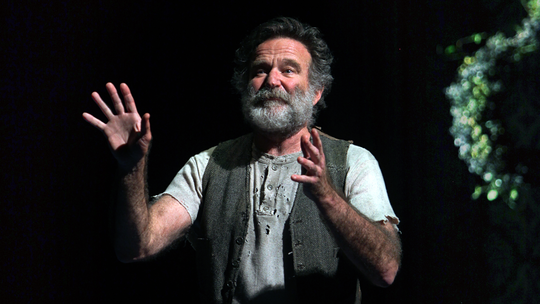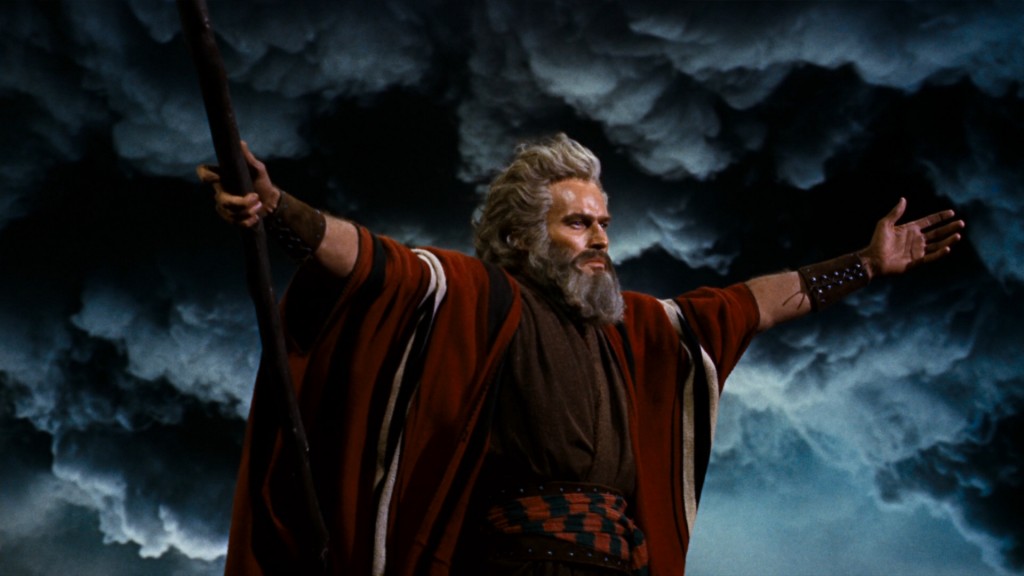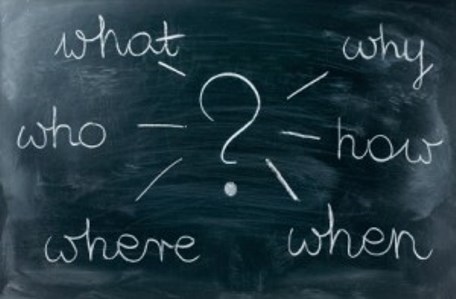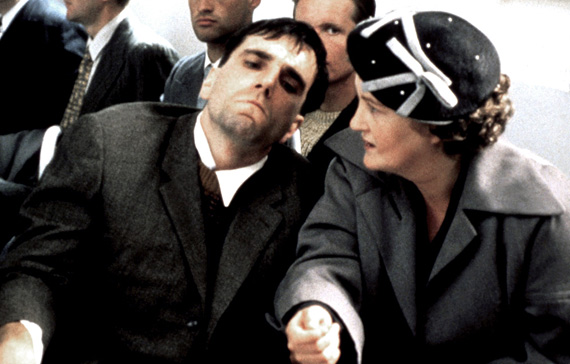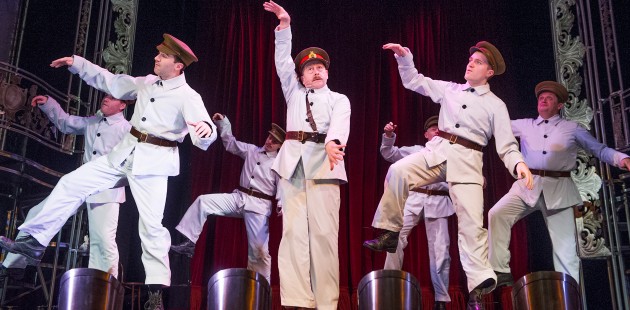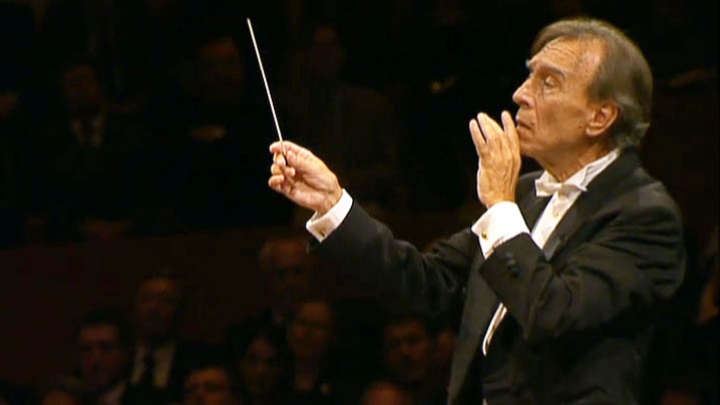Published by ConservativeHome
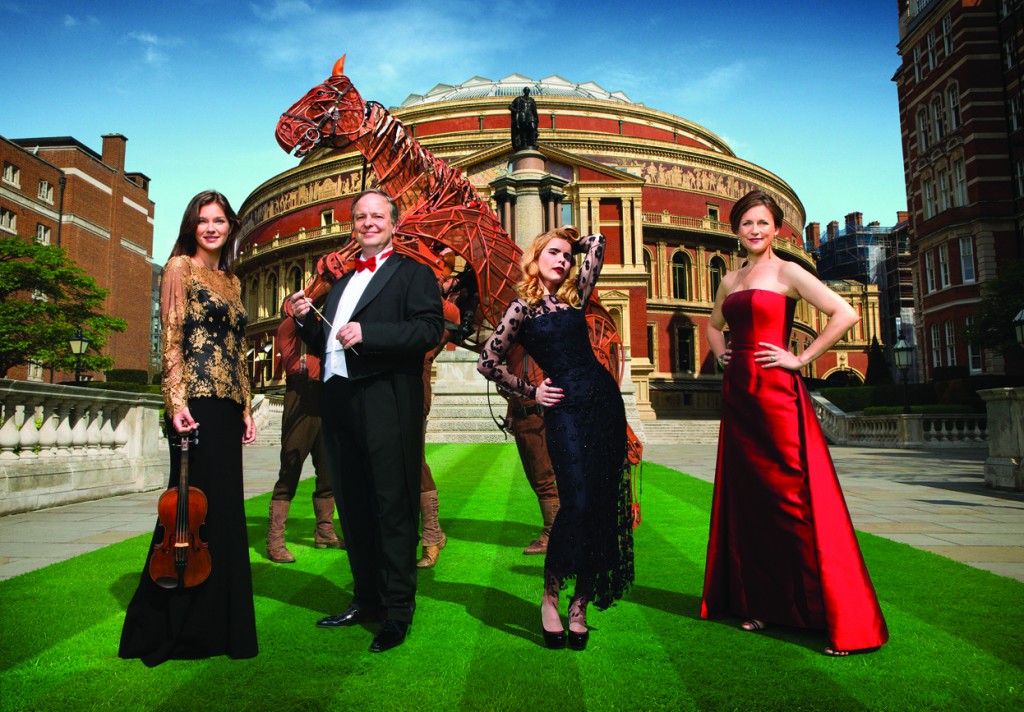 The wide-eyed wait is over, anticipation satisfied and rumours confirmed or quashed. (Actually, they’re invariably confirmed, simply because any orchestra, conductor or classical artist that publicises a scheduled appearance at a “major British/London summer festival” has invariably been booked for the Proms but simply isn’t allowed to say so, which, in this day and age, is a bit silly really). But it all kicks off on 18th July, and there are proms for families, proms for poets, proms for singers and proms for children; there are midnight proms, chamber proms, proms in the park and proms for stage and screen. If none of this creeps into your ears, you have no soul. Continue reading →
The wide-eyed wait is over, anticipation satisfied and rumours confirmed or quashed. (Actually, they’re invariably confirmed, simply because any orchestra, conductor or classical artist that publicises a scheduled appearance at a “major British/London summer festival” has invariably been booked for the Proms but simply isn’t allowed to say so, which, in this day and age, is a bit silly really). But it all kicks off on 18th July, and there are proms for families, proms for poets, proms for singers and proms for children; there are midnight proms, chamber proms, proms in the park and proms for stage and screen. If none of this creeps into your ears, you have no soul. Continue reading →




